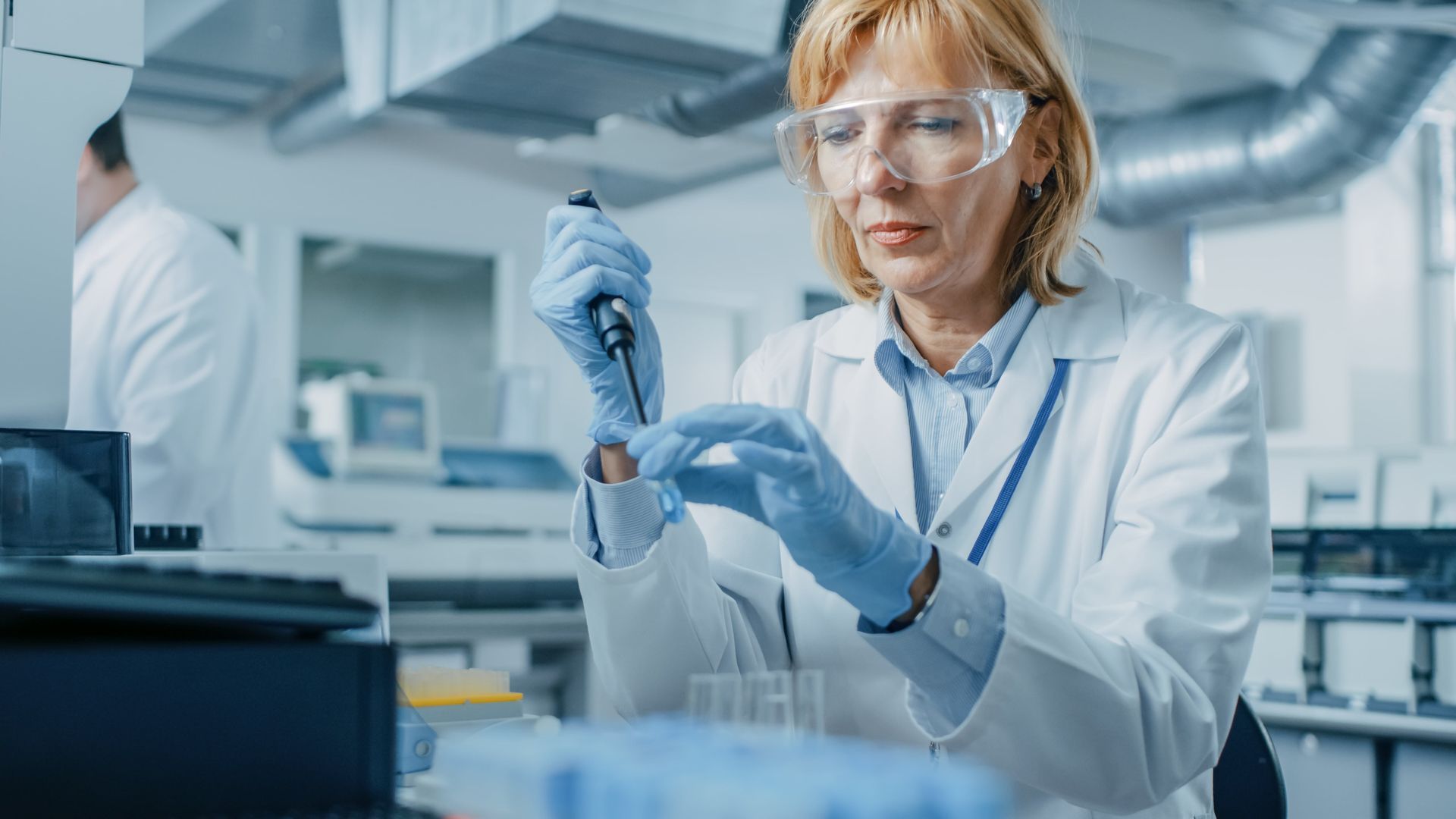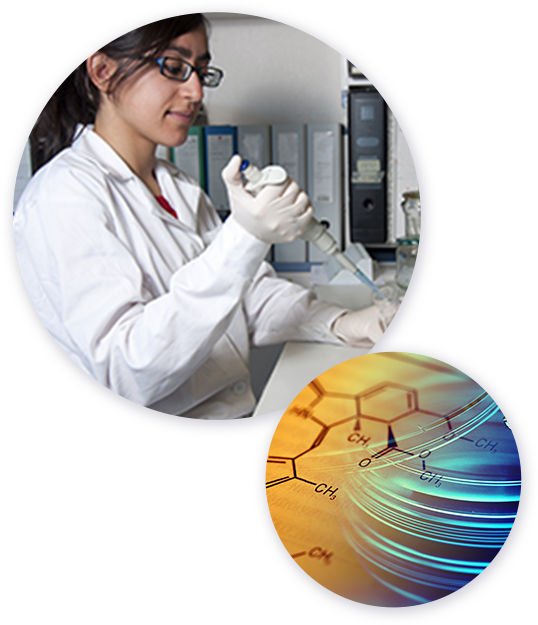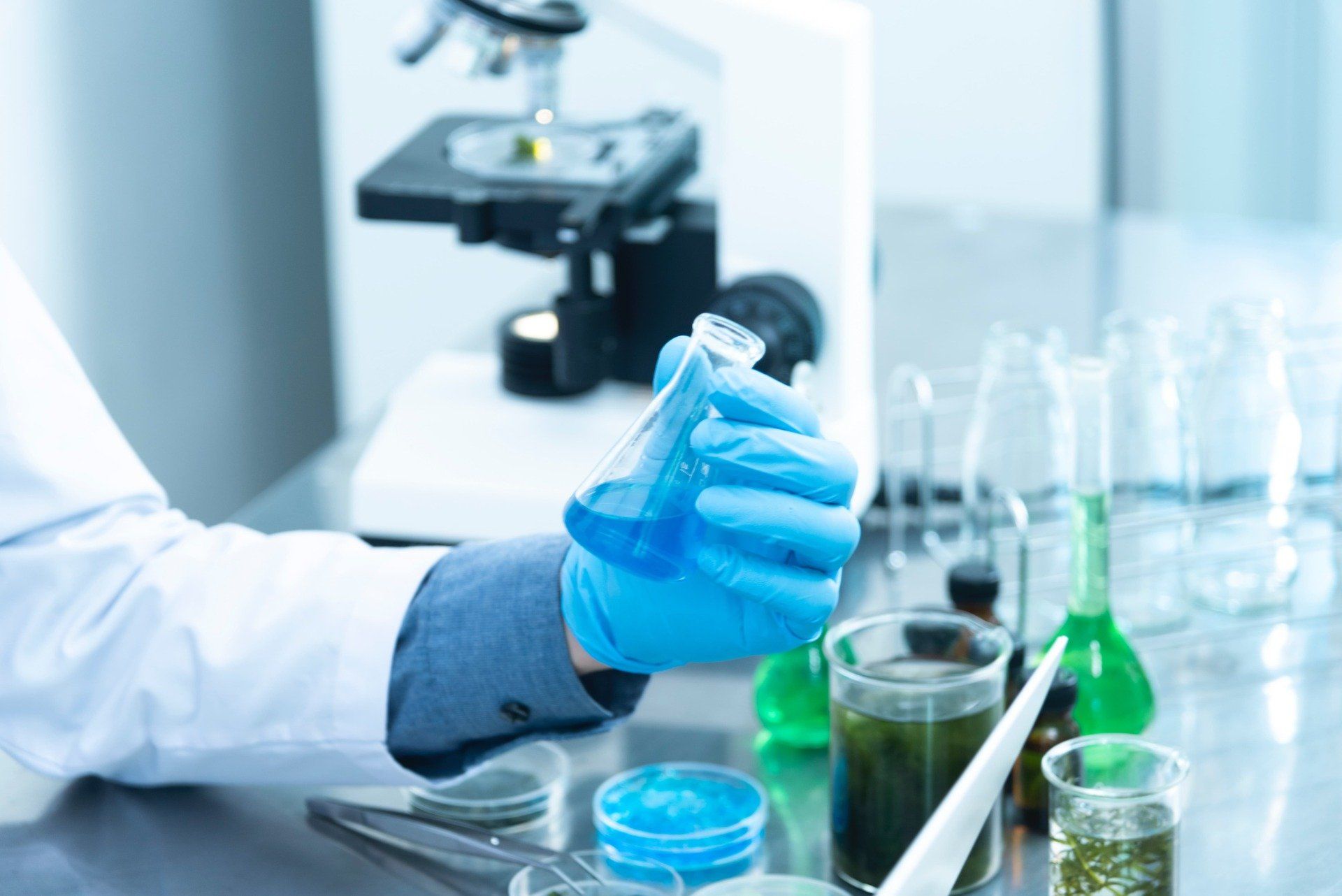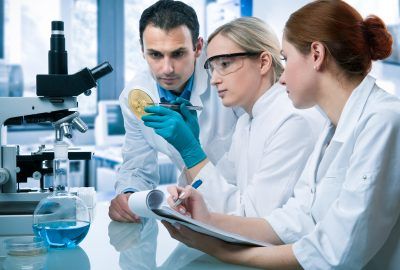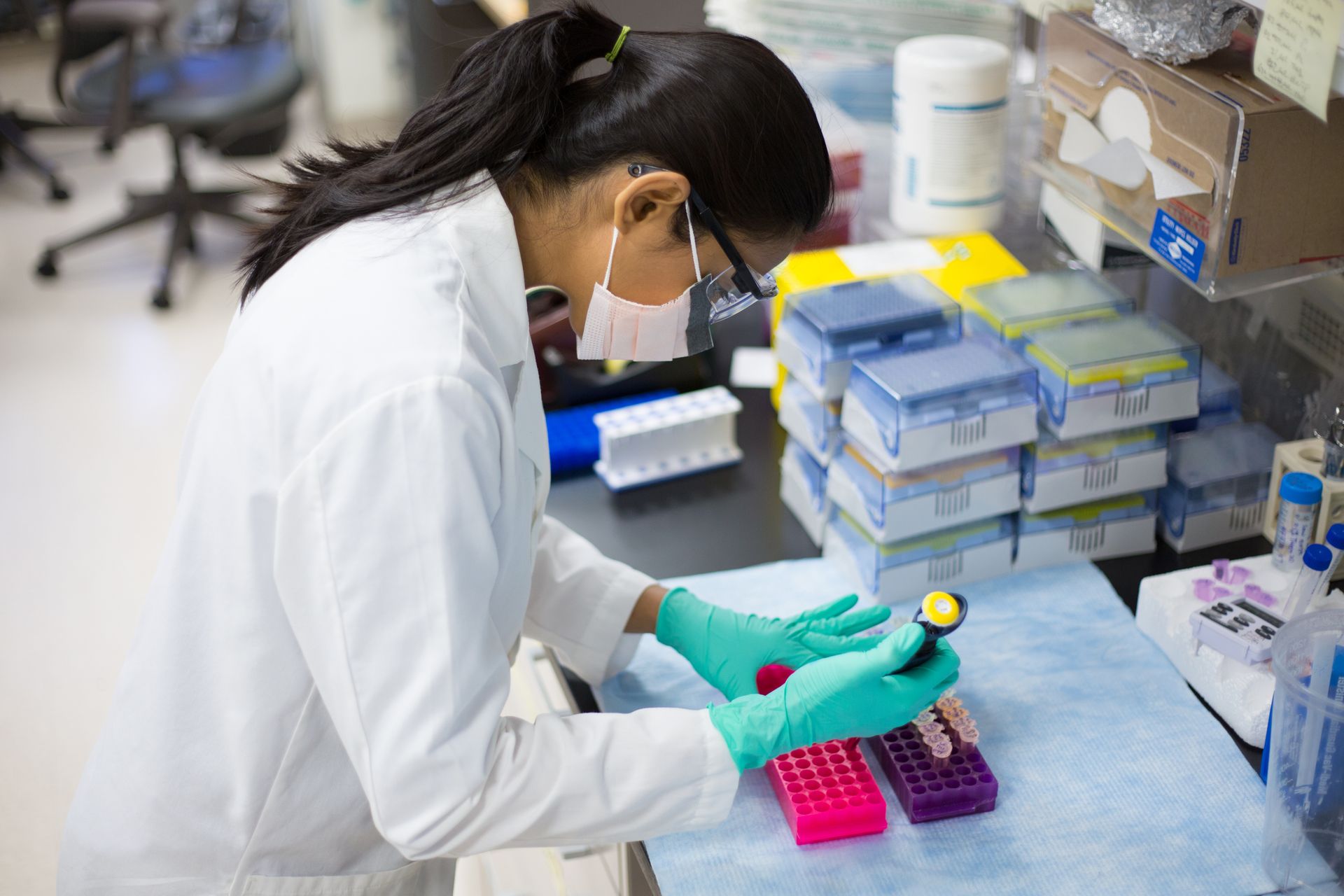11 Duties of a Pharmaceutical Manufacturing Associate
Being a manufacturing associate means performing various job duties associated with the operations of a manufacturing facility and the products it produces. Manufacturing associates' primary responsibility is preparing materials and equipment for pharmaceutical production. They are also responsible for operating equipment like washers and autoclaves, maintaining material inventory, and helping with bulk manufacturing when needed. Fladger Associates can run you through some of the other duties that you'll have in this position.
As a Manufacturing Associate, you will arrange, run the equipment, monitor the production process, and report everything in electronic and printed documents in line with GMPs (good manufacturing practices) and GDPs (good documentation procedures), and review documentation.
Manufacturing associates usually operate under the close supervision of a manager. However, they can mostly work alone if they have adequate experience.
What Is a Pharmaceutical Manufacturing Worker? Including Duties
A manufacturing worker is capable of performing all manufacturing activities in a production company while observing all environmental, safety, economic norms, and other regulatory requirements.
They actively hold high-quality workgroups and departmental projects that might be relevant. In addition, they are typically in charge of the daily performance of all activities in a manufacturing plant.
Many companies define their workers by job description and assign workers as either indirect labor or direct labor. A manufacturing associate's job is regarded as direct labor since it involves making a product directly.
The 11 duties of a pharmaceutical manufacturing associate include:
- Running comprehensive Cell Culture bioprocess equipment and purification operations.
- Regularly executing sterile filtration, filling, visual inspection, labeling, and packaging using disposable technologies, automation, and Manufacturing Execution Systems (MES)
- Inspecting equipment before and after operation to discover any inconsistencies or damage to ensure safe functioning
- Monitoring the production and operations, making adjustments where necessary to increase effectiveness, and ensuring that you are meeting safety regulations.
- Doing all parts of processing like equipment preparation, assembling process equipment, disassembling equipment, performing equipment CIP and SIP, performing pressure tests of equipment, filter testing, calibration, and use of analytical equipment.
- Be competent with biotech manufacturing processes and equipment. This includes cell culture, column chromatography, depth and tangential flow filtration, protein formulation and purification, and buffer and media operations.
- Observing standard operating procedures, good documentation practice, batch records, and data capturing.
- Preparing reports and assessing GMP documents to ensure they comply with the laws and regulations of the industry.
- Identifying problems in the whole manufacturing process and performance and reporting to the management to facilitate the continuous and perfect process
- Collaborating with team and external departments to execute best practices in the manufacturing processes
- Maintaining a clean, tidy work environment and performing other duties as required.
The Demands of Physical Working Environment
The manufacturing associate's physical working environment involves the following:
- Tiring, repetitive work daily, such as climbing ladders and stairs, kneeling, reaching, bending, and making many equipment connections with their hands.
- The ability to lift, dispense, pull, or push things with an average weight of 25 pounds without help.
- It might require working around noisy equipment.
- Personal protective equipment, such as a gown, will be required to enter the controlled manufacturing area.
- Work can be based on shift and off hours.
Who Is the Richest Pharmacist in The World?
Navinchandra Jamnadas Engineer is the wealthiest pharmacist in the world. Navinchandra was born in May 1951 and is a British billionaire who owns Chemidex, a pharmaceutical company founded in 1981.
The company is located in Egham, Surrey, and it acquired its first brand in 2000. Engineer sold his 14 pharmacies to the German company Celesio for £12 million and founded Chemidex pharmaceutical company.
Chemidex Company manufactures:
- Penbritin Capsules
- Lyflex 5mg/5ml Oral Solution
- Mucogel Suspension (magnesium hydroxide, aluminum hydroxide gel)
- Ponstan Capsules 250mg
- Chlorphenamine Tablets
- Tagamet 200mg Tablets
- Uniroid-HC Ointment and Suppositories (cinchocaine hydrochloride, hydrocortisone)
Becoming A Biopharmaceutical Manufacturing Associate
To qualify for a career in the manufacturing field, you should:
- Hold a bachelor's degree in biotechnology, bio work, industrial, or pharmaceutical technology.
- Have good knowledge of raw materials, manufacturing processes, quality control, as well as other techniques to maximize the effective production of pharmaceutical products.
- Have computer skills since the job might require daily use of many software applications.
- Have mechanical skills to handle various manufacturing tools and equipment
Additional skills include:
- Being approachable, dependable, with strong verbal and written communication skills
- Staying updated on quality and safety guidelines regarding biopharmaceutical and cell cultures.
- Keeping an eye on detail when checking every batch
- The capability to follow directions accurately and excellent organizational skills
- Feeling content working in a group environment that includes excellent conflict resolution and teamwork is an added skill.
- Several years of experience in filing, aseptic processing, and basic lab instruments (Microscope, Centrifuge, Pumps, CO2 Incubator, Scales, etc.)
- Excellent understanding of machines used in the manufacturing process
- Knowledge of operating factory vehicles like forklifts and power equipment
- Strong working ethic and capability to complete tasks without supervision
The Average Salary of a Pharmaceutical Manufacturing Associate
According to ziprecruiter.com, the average annual pharmaceutical manufacturing associate’s salary in the United States as of Sep 2022 is $50,039. This is around $24.06 per hour, equaling $962 per week or $4,169 per month.
However, most Biopharmaceutical Manufacturing associates' annual salaries range between $46,000 and $58,000, whereas top earners make $61,000 across the United States.
The pay range differs significantly (by as much as $12,000). This suggests there might be many openings for advancement and higher pay based on expertise level, location, and the years spent in the profession. Entry-level positions begin with $40,024 per year.
Verdict
Manufacturing associates maintain the smooth running of the production systems. They keep an eye on the equipment and the entire production process while evaluating and analyzing what they see to ensure effectiveness and quality. The job can differ depending on your particular work environment, so manufacturing associates should be flexible with their skill sets.
Manufacturing associates usually work permanently with added benefits like paid training, dental and health insurance, weekly paychecks, and paid time off. A little overtime might occasionally be required in this position. Since it is an entry-level position, a manufacturing associate job is an excellent chance to gain knowledge and experience in the industry.
For more information,
contact us today.

